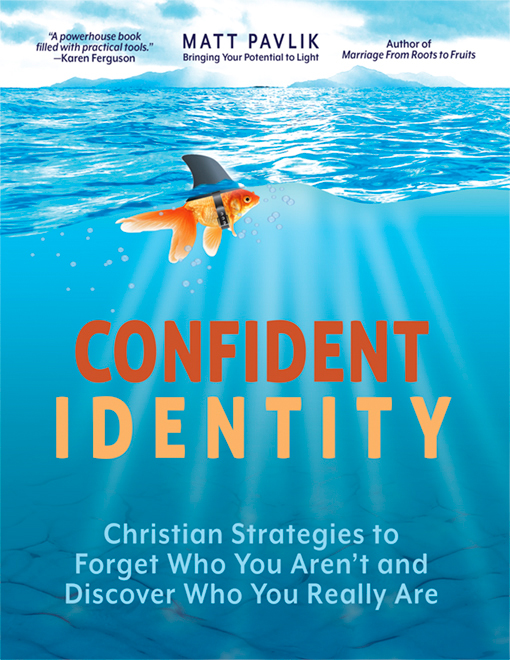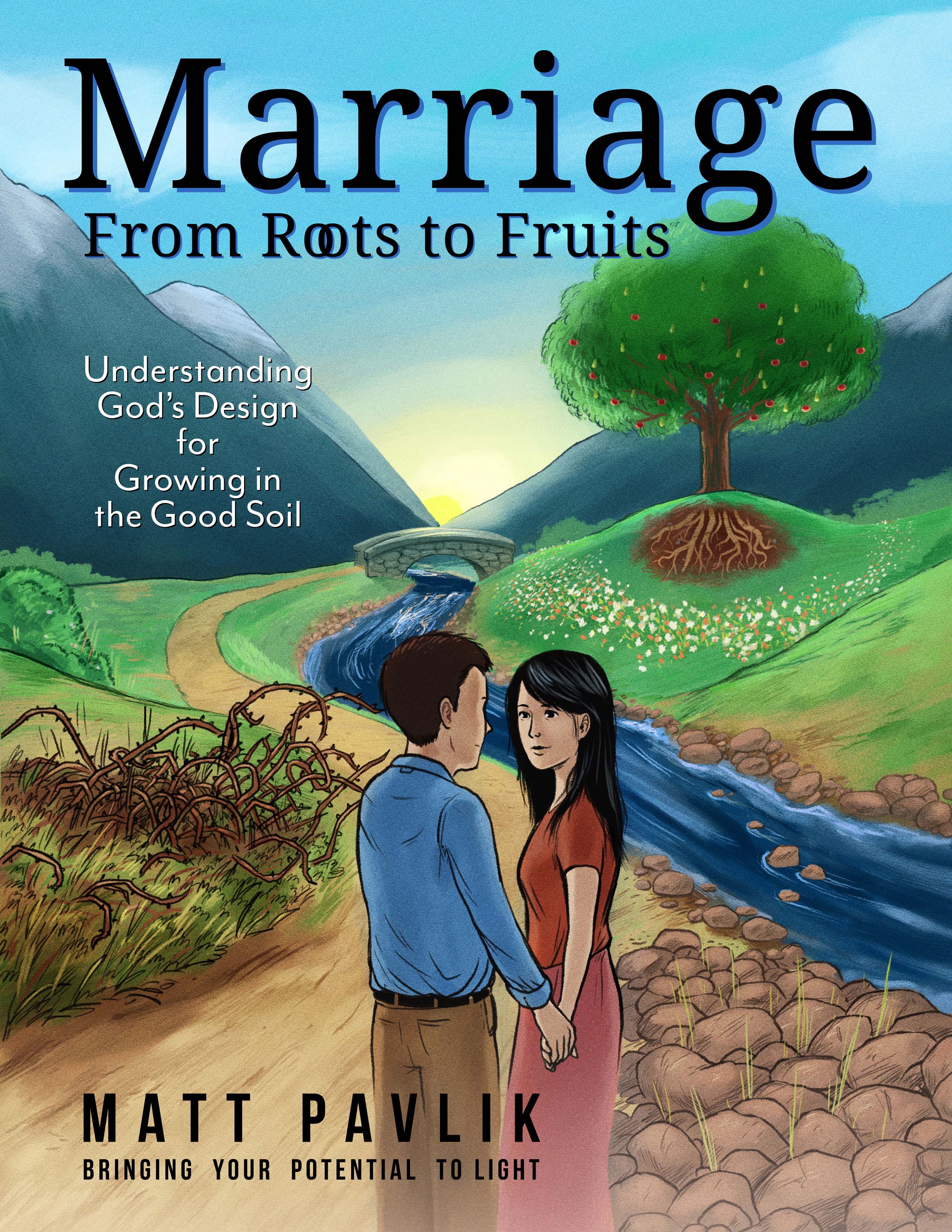What does it mean to be triggered? People become triggered under the following conditions:
- Their current reaction is out of proportion to the current activity.
- A negative experience (trauma) accounts for the difference between the two.
In this post, I explain how to use triggers to help you better understand yourself. Truly understanding yourself and others is the best way to resolve conflict. But finding understanding is hard work. Proverbs 4 tells us to get understanding even if it costs us everything (all of our earthly possessions anyway).
Get wisdom, get understanding;
Proverbs 4:5-9 NIV
do not forget my words or turn away from them.
Do not forsake wisdom, and she will protect you;
love her, and she will watch over you.
The beginning of wisdom is this: Get wisdom.
Though it cost all you have, get understanding.
Cherish her, and she will exalt you;
embrace her, and she will honor you.
She will give you a garland to grace your head
and present you with a glorious crown.”
The consequences of a lack of understanding are costly, leading to the destruction of relationships. In the remainder of this post, let us assume you are in conflict with “Person X”. A negative reaction to being triggered is to lash out at Person X (which only degrades the relationship further).
Why are we arguing over who is going to plan the next vacation? People are often confused by how a simple matter can produce such a heated conflict. But there really is no great mystery. There could be many reasons but they all come about because of an inability to handle life.
People manage life poorly because they lack the experiences that can teach the truth about who they are. Sometimes this “lack” takes the form of not getting enough positives (such as nurturing) and other times it is caused by getting too many negatives (such as abuse).
How to Fight Fair When Triggered
The absolute first action to take when you are triggered is to start entertaining the idea that you must be upset by more than just what is happening at the moment. A close second is to recognize that you probably have a good reason for being upset, even if you do not have a good reason for attacking Person X.
At this point, you might see that these first two steps require a rational response. Usually, however, by the time a person is already triggered, it is too late: logical thinking is nearly impossible. That’s because when people feel threatened by the conflict, their bodies respond with adrenaline to help them deal with the challenge. The best you can do, once you are aware, is to disengage from Person X until you can think clearly again.
After you calm down, explore what caused such a dramatic reaction. What from your past crashed into that recent encounter? For example, if you become triggered by feeling responsible for planning a vacation, then consider what other times in your life you resented being the responsible one who takes care of the details. Doing this as an exercise will provide a map of sorts. You should be able to see the link between similar events.
After you have a map, take it to Person X. Explain the map to them. You might find it necessary to further explain that you are not making excuses for your behavior but are trying to provide an explanation. This is helpful because it provides context which should increase the understanding Person X has of you.
Understanding Builds Resilience to Being Triggered
Understanding is the top goal in achieving better communication. After you reach an understanding, negotiating a solution becomes almost simple (relatively speaking). I say this because understanding paves a path to resolving conflict. In this context, understanding means knowing what you want and why you want it. However, this is difficult to achieve.
There are at least two huge obstacles to understanding:
- Only God understands everyone (and everything).
- It is challenging to understand yourself, let alone another person, let alone a person very different from you.
If you want to fight fair and resolve conflict consider your answer to these two questions:
- Do you really want to understand yourself?
- Do you really want to understand Person X?
How much understanding is good enough? We don’t have eternity to reach an understanding, therefore, to solve day-to-day problems, understanding must be made practical. This means putting enough effort into gaining understanding that will allow you to resolve conflict and live peaceably with Person X.
Learn more about conflict resolution.
Image by Мария Ткачук from Pixabay
Matt Pavlik is a professional counselor, author, and devoted follower of Christ. With decades of experience in Christian counseling, he writes with theological depth and everyday clarity. His resources—centered on salvation, identity, marriage, and emotional healing—are anchored in Scripture and guide believers to discover the freedom of their identity in Christ and the security of their salvation in Him. He and his wife Georgette, married since 1999, live in Centerville, Ohio, and have four adult children.




Leave a Reply